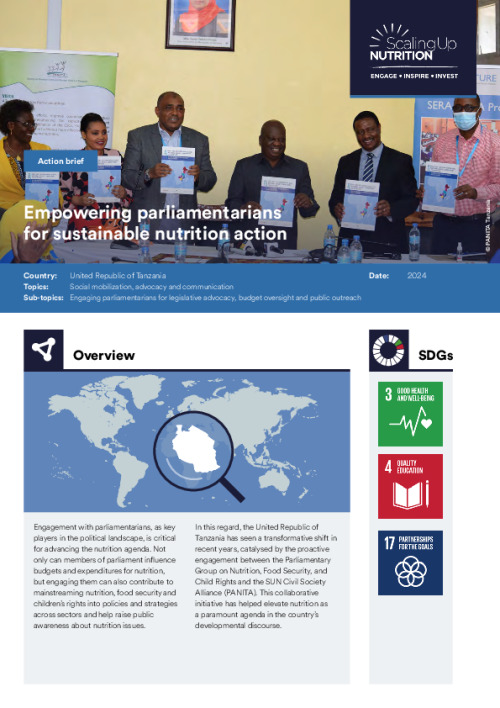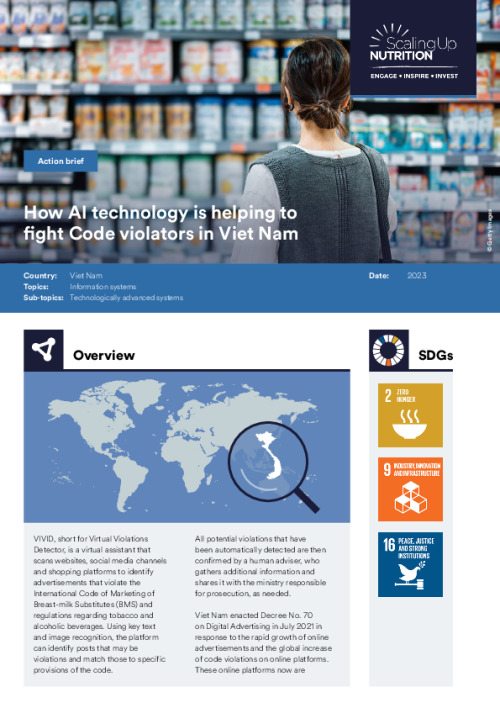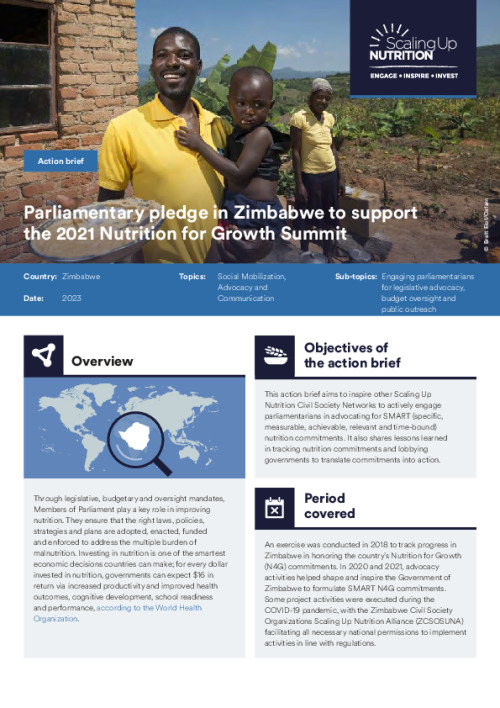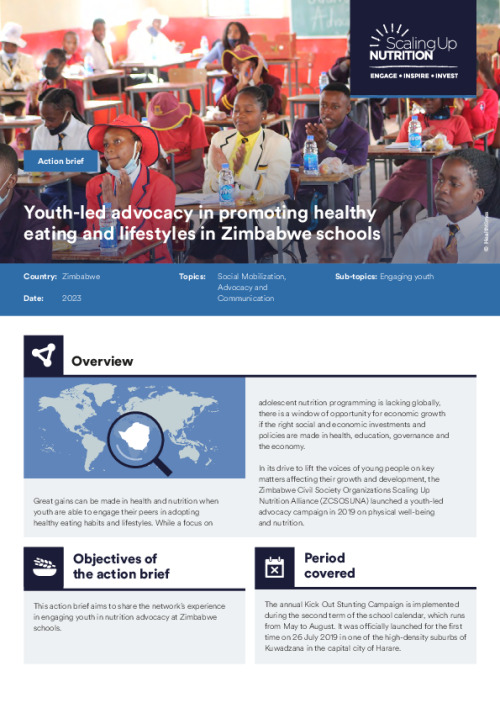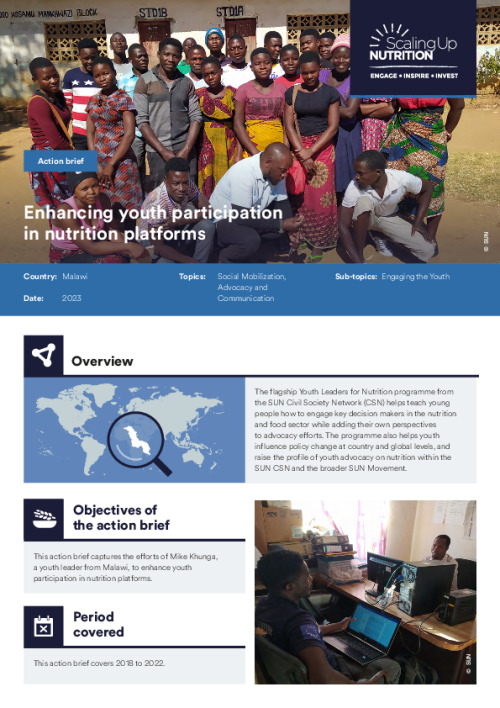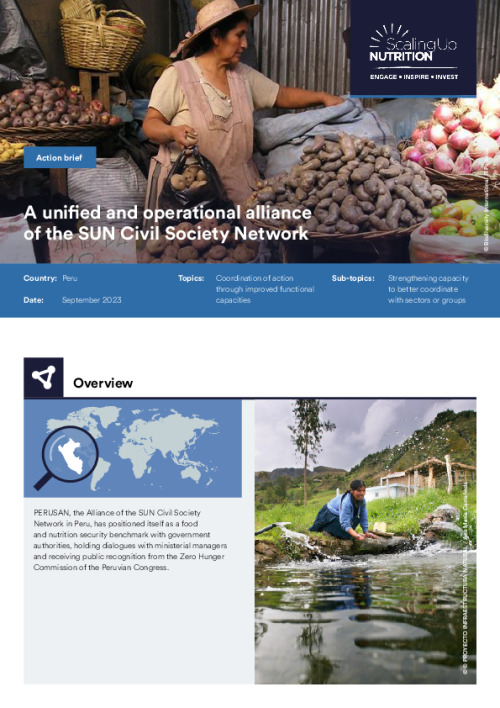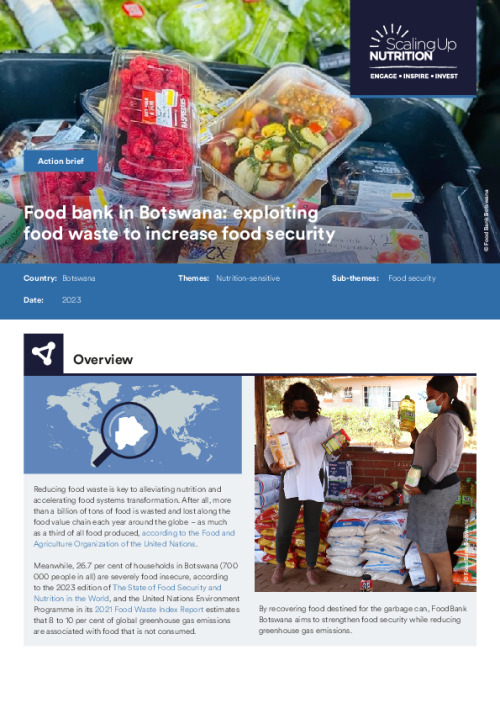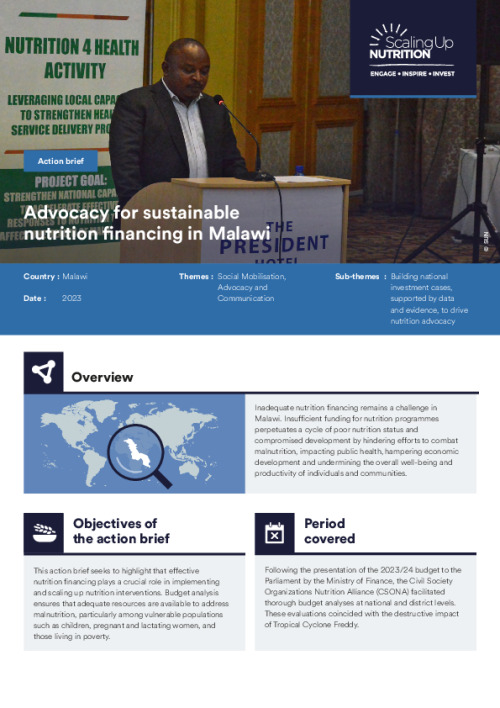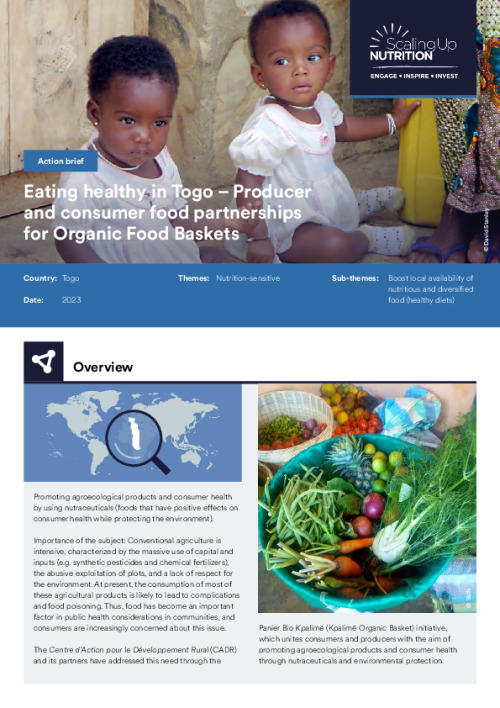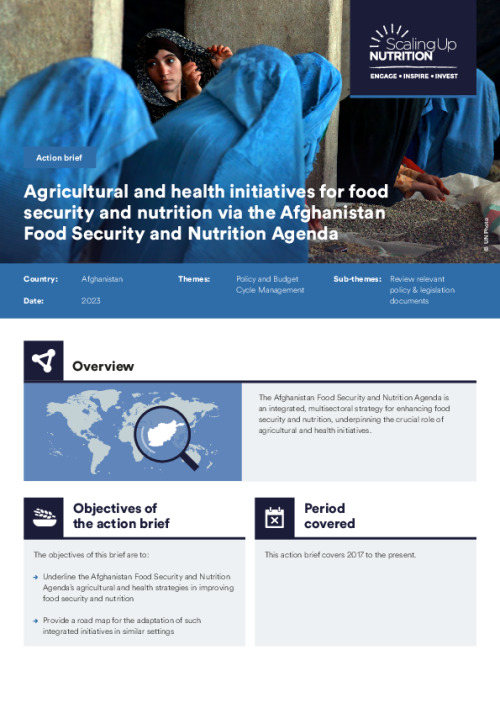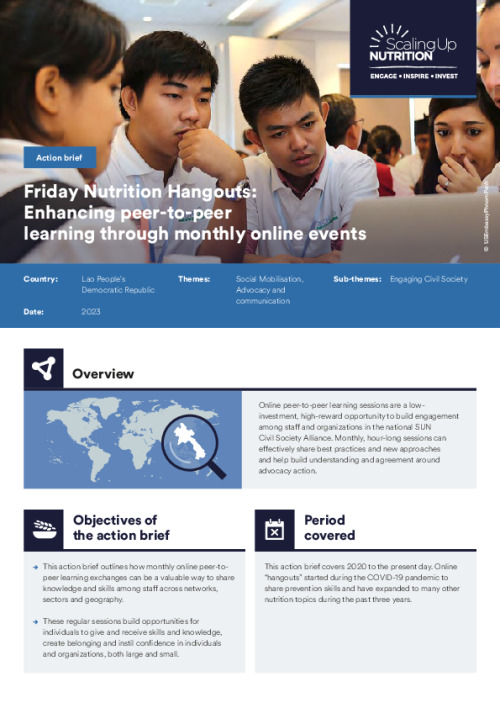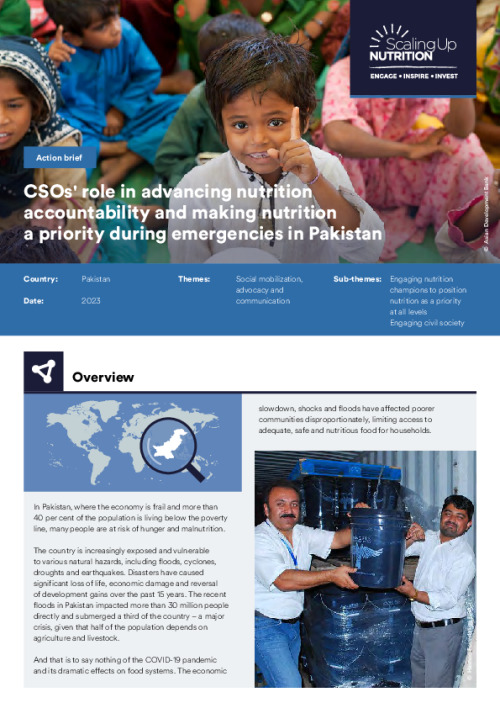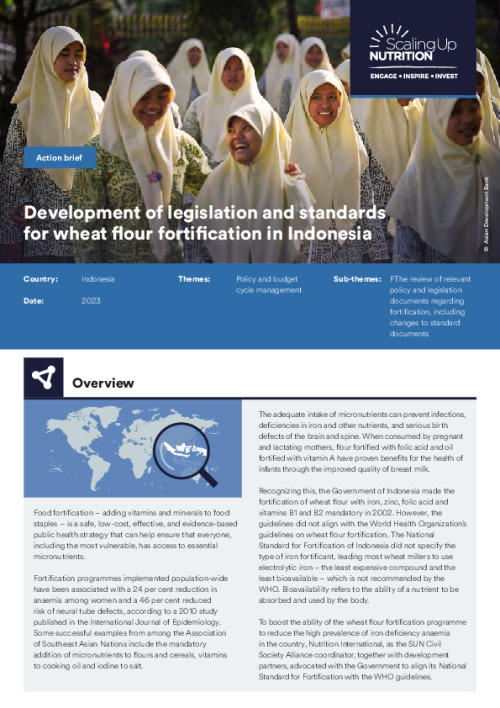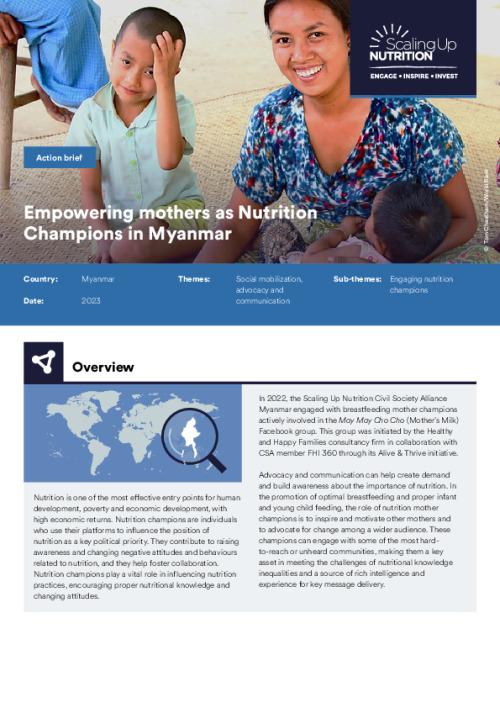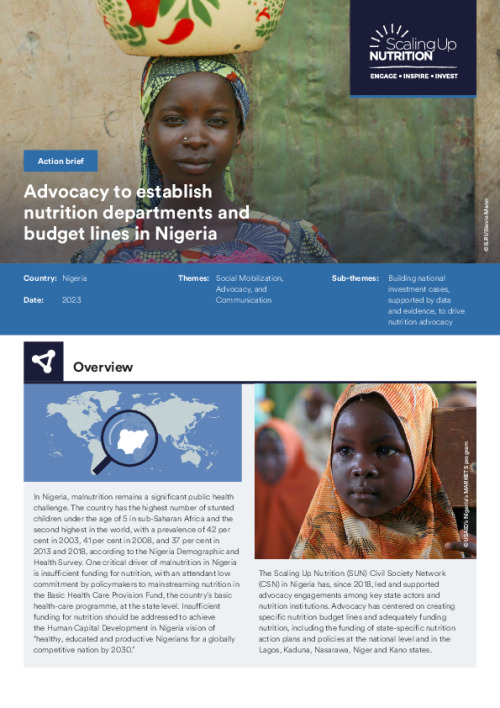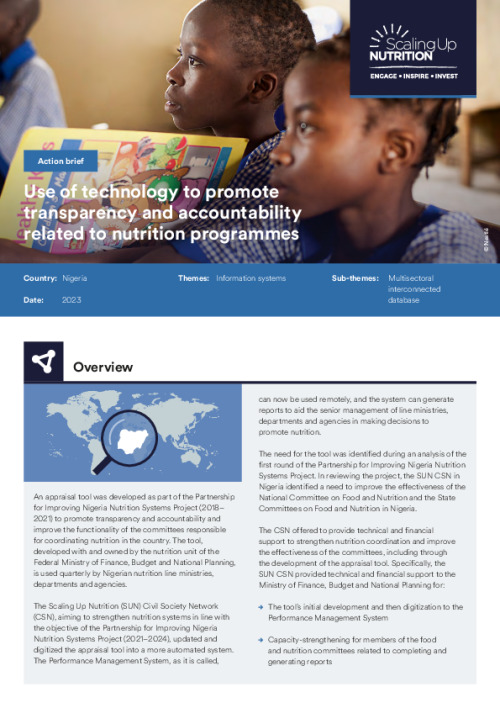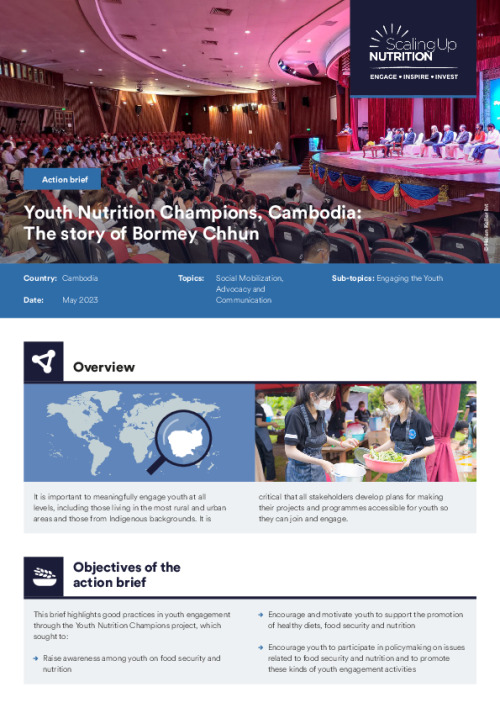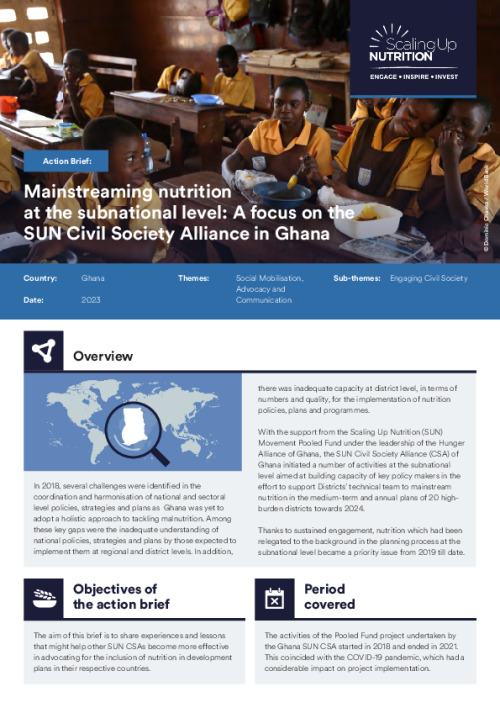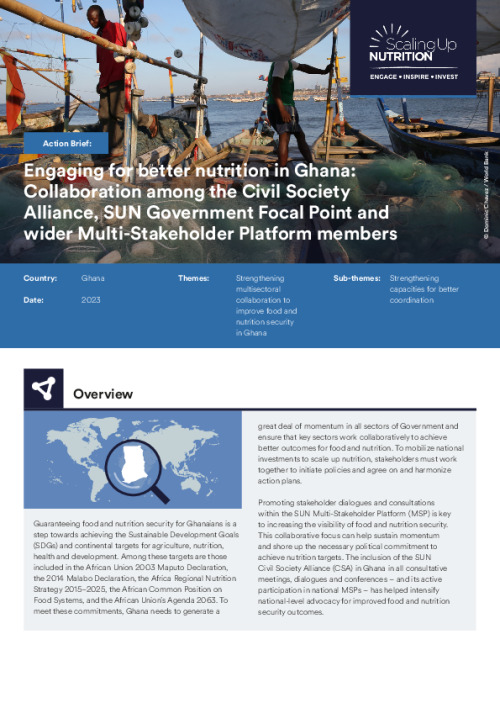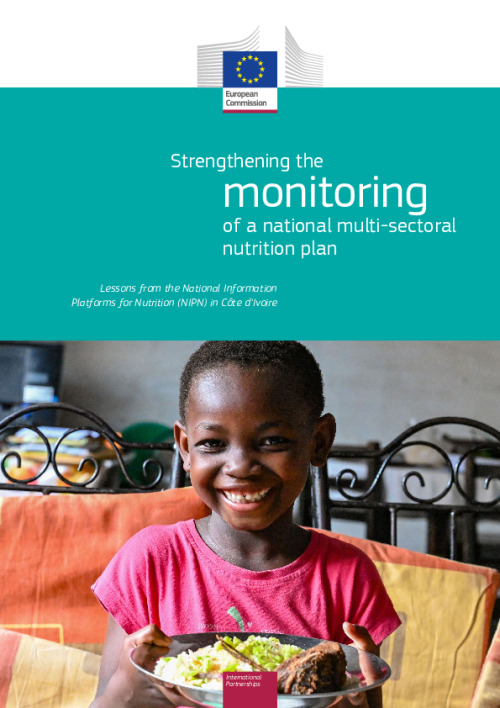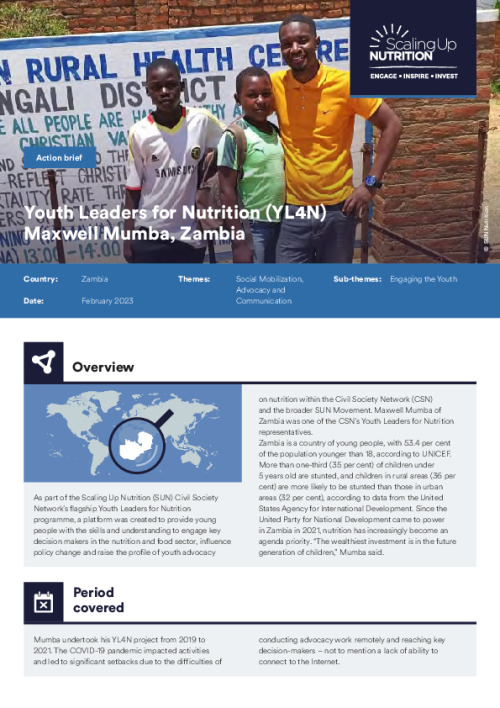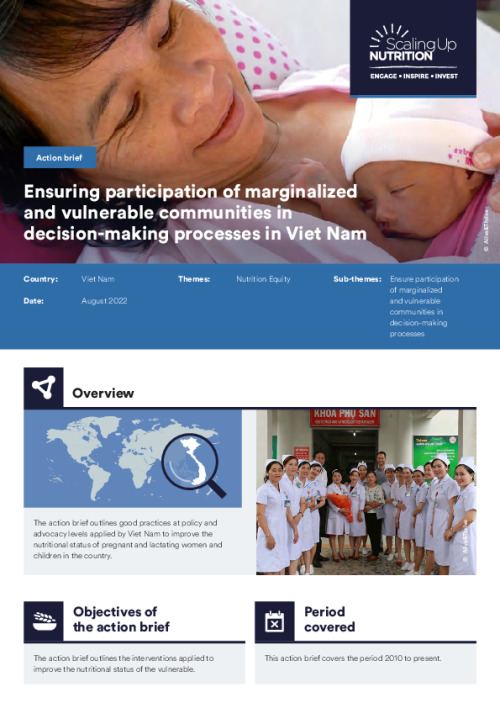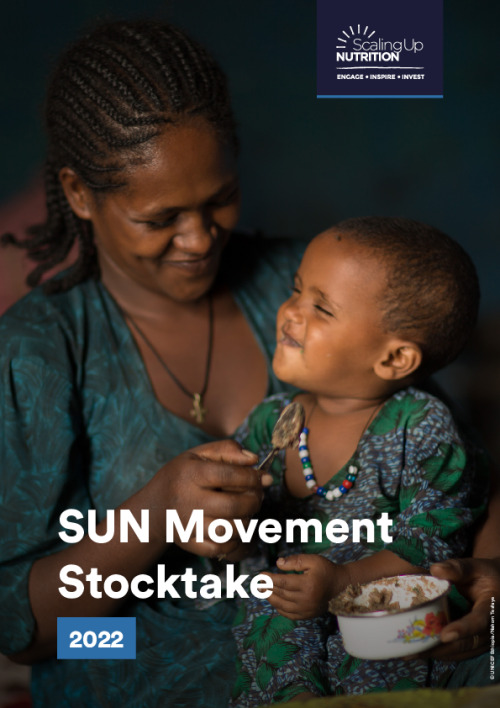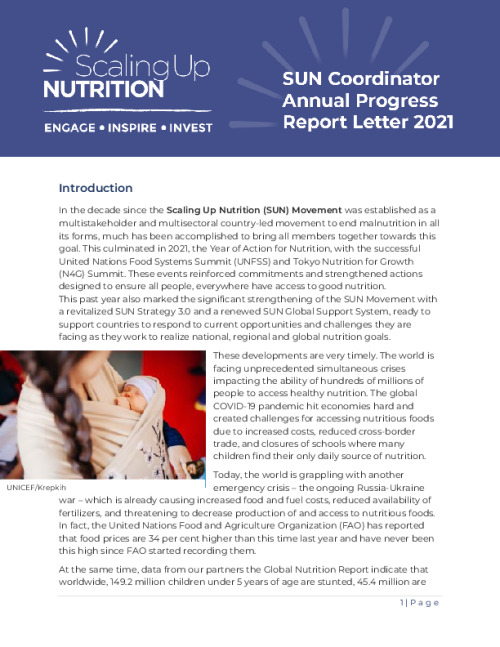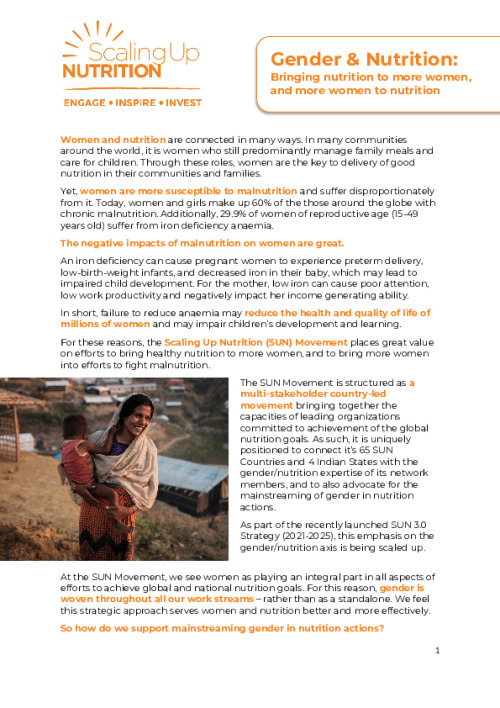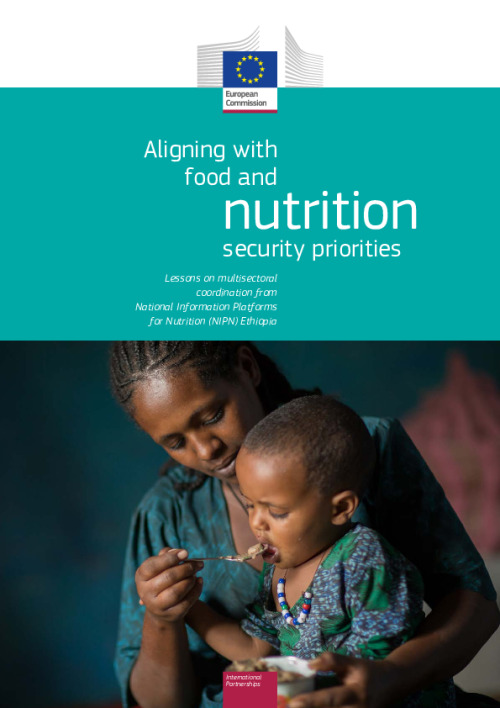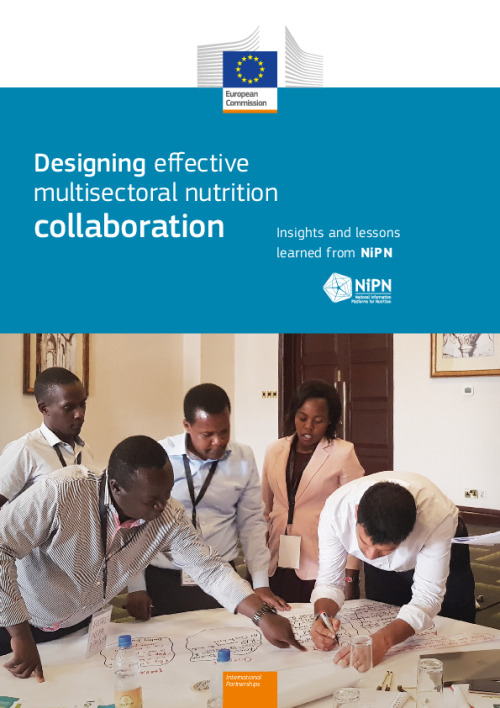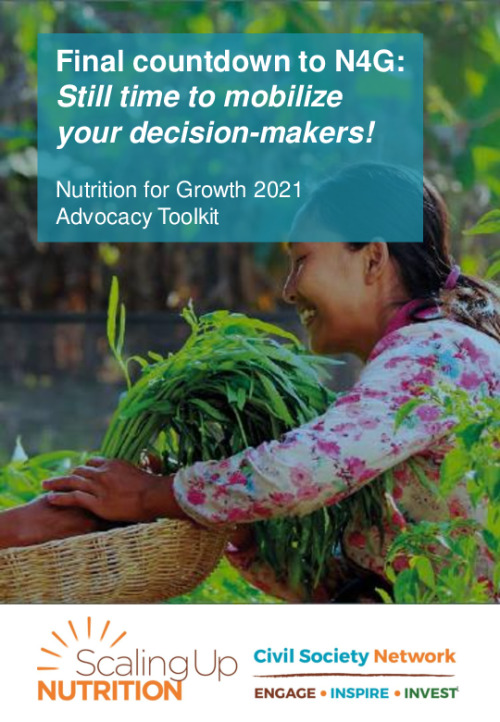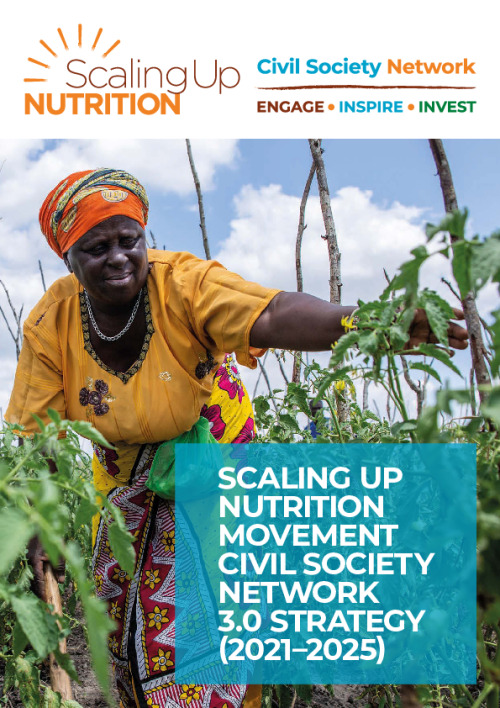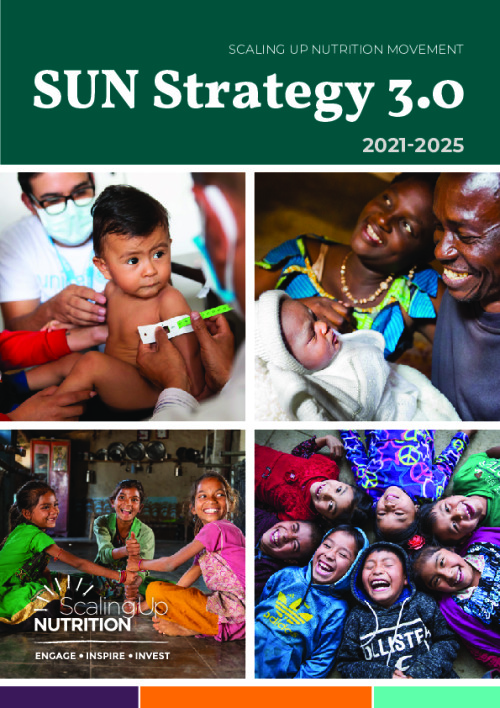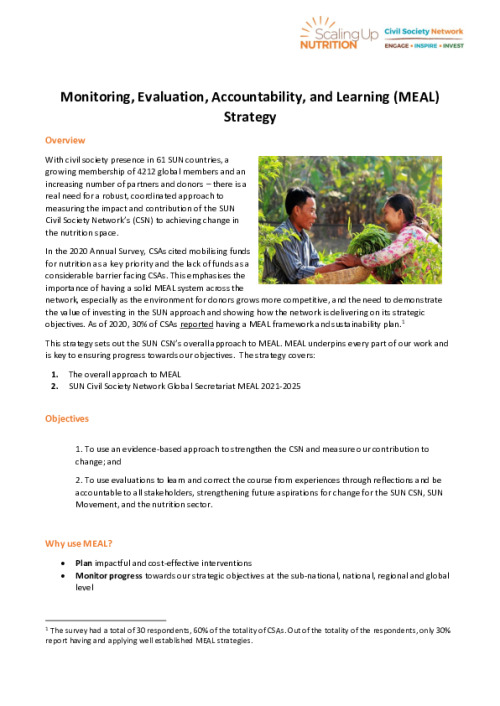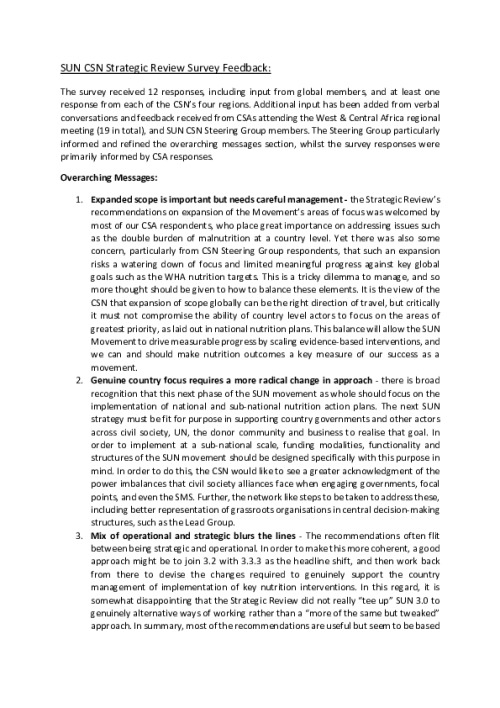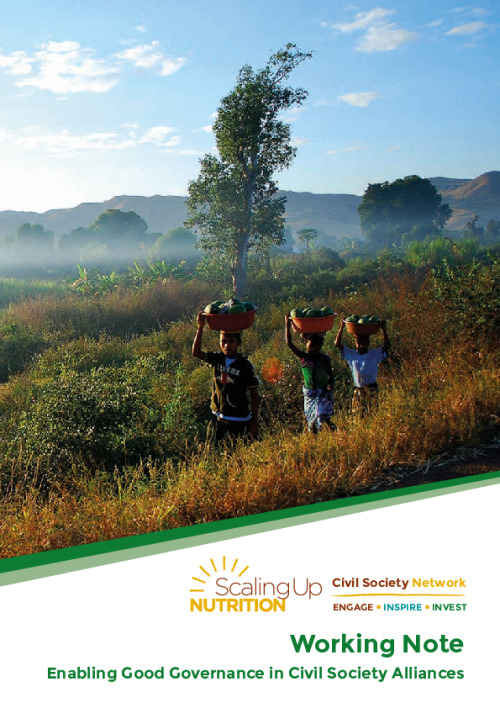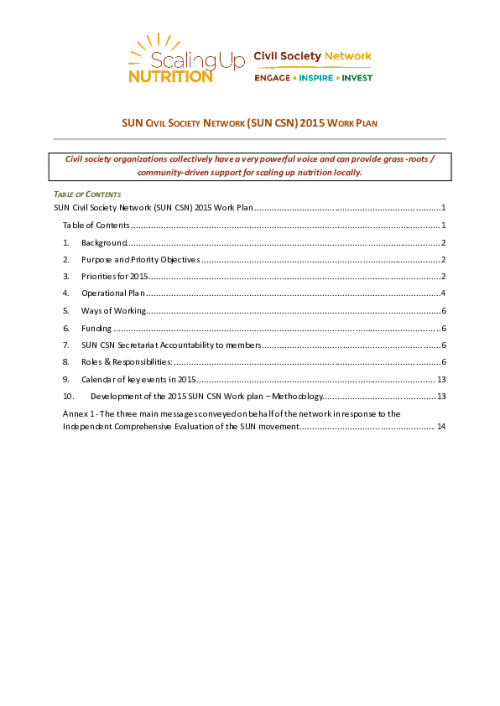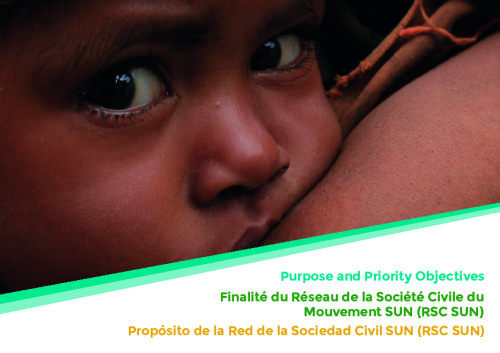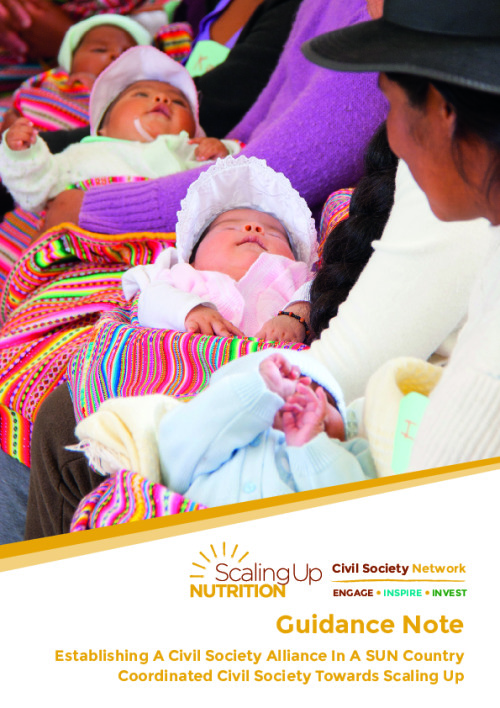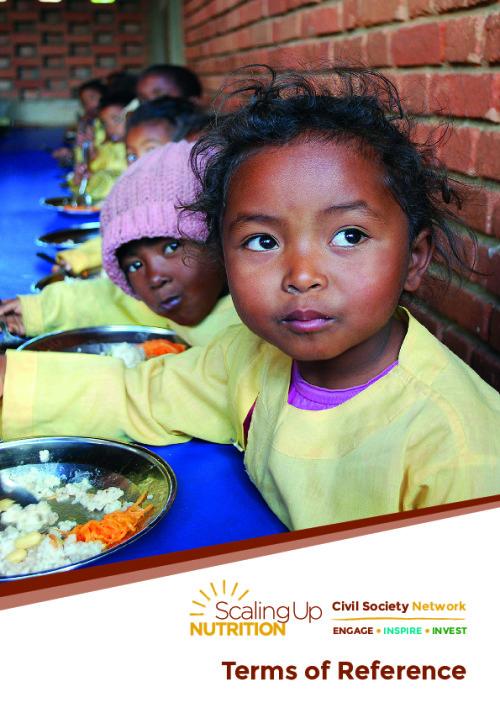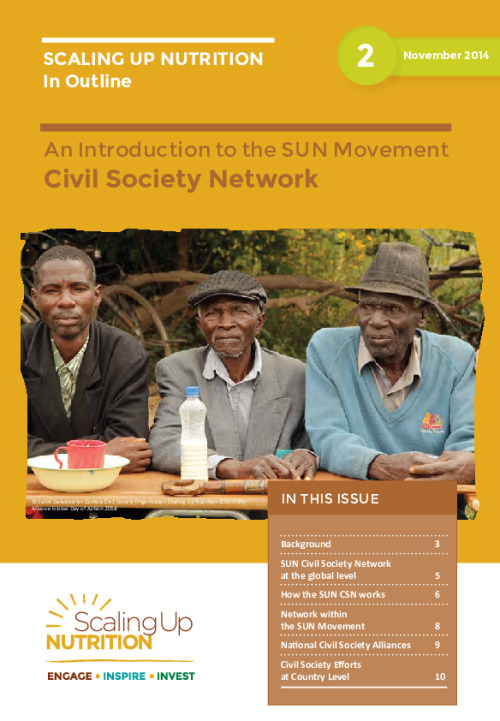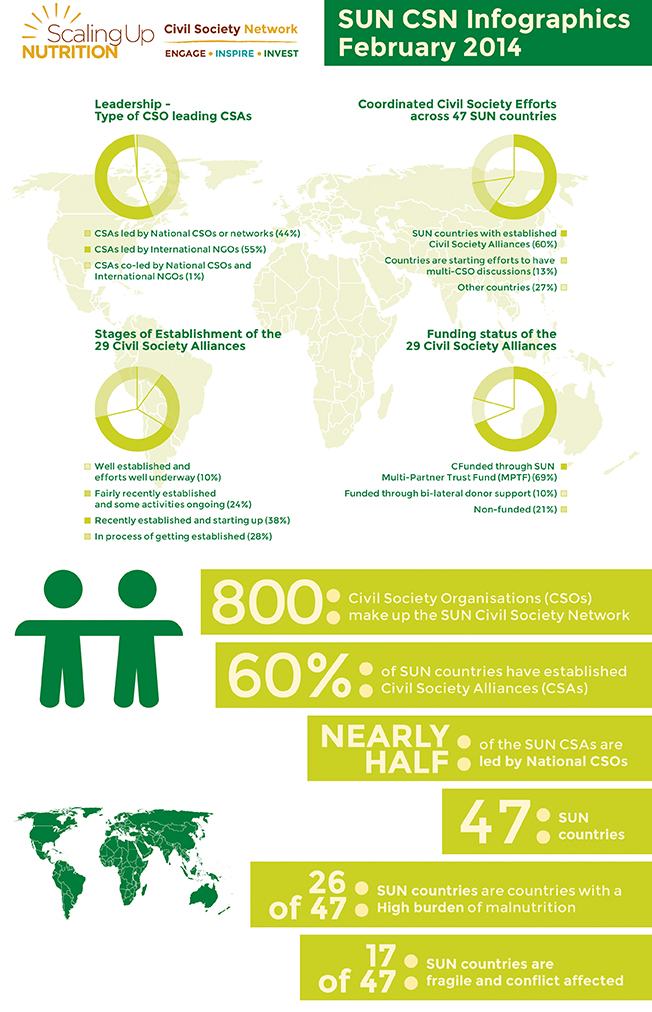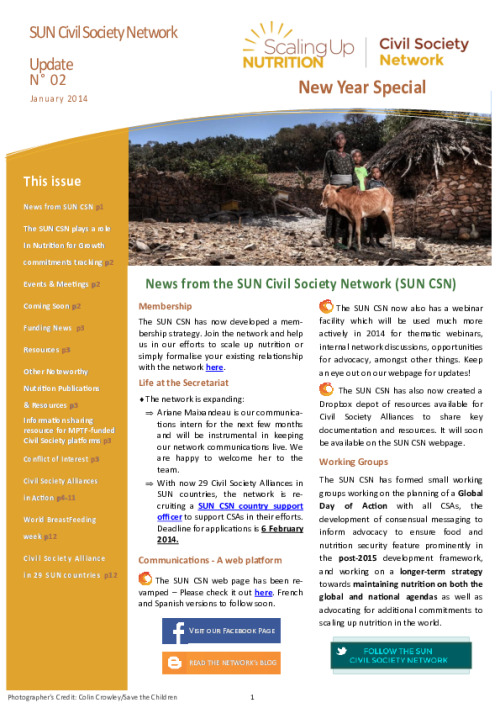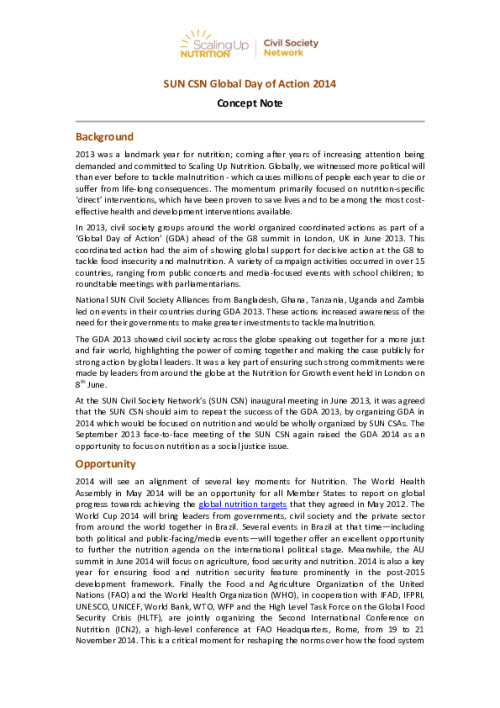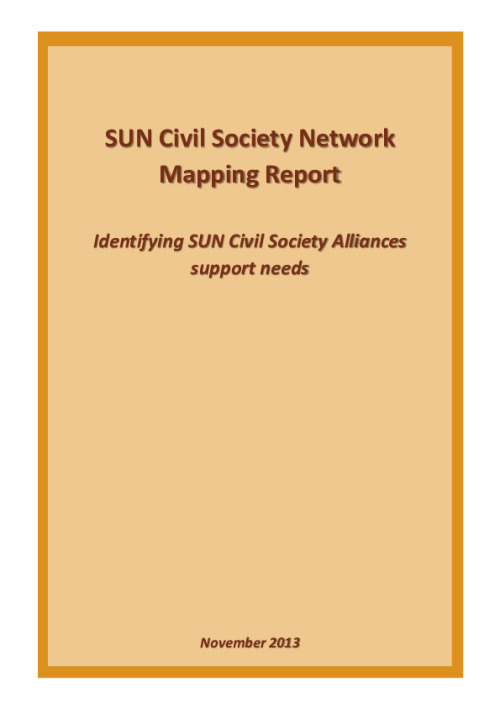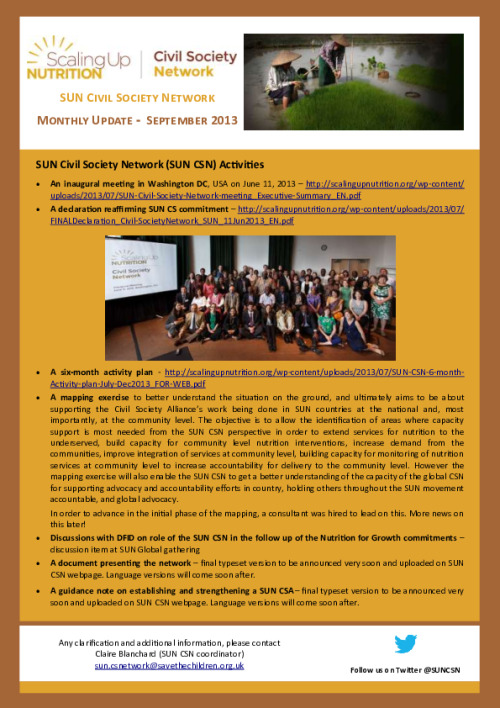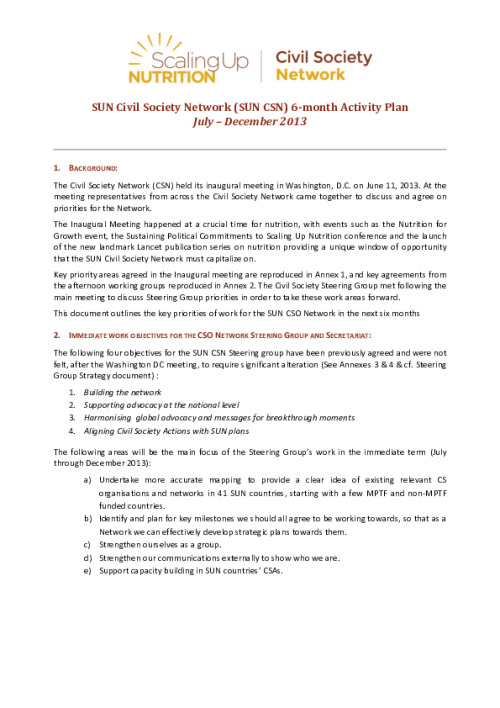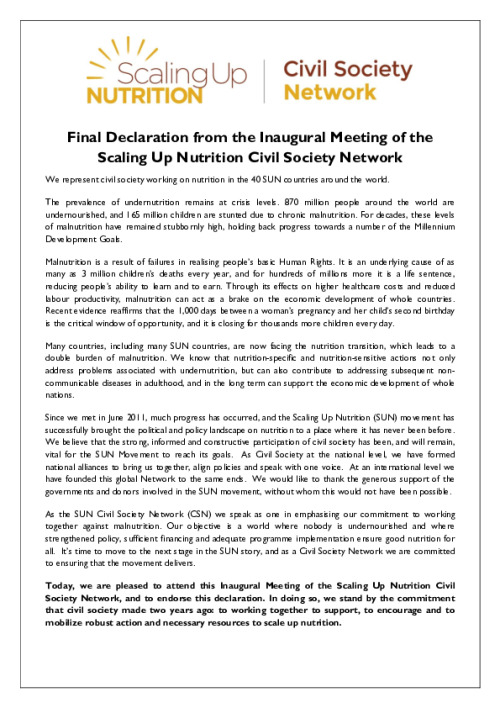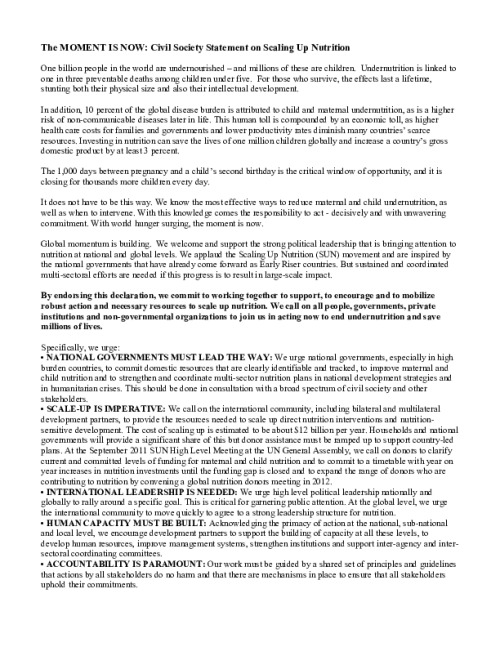SUN Civil Society Network
Main navigation
The SUN Civil Society Network (CSN) encourages the formation of vibrant civil society alliances, with such alliances existing in 39 SUN Countries today. The network represents over 3,000 organisations locally, nationally and internationally, spanning multiple sectors and backgrounds, including four regional coordination groups – two of which (covering Asia and East and Southern Africa) were set up in 2016-2017. The network, in 2016-2017, developed a theory of change to provide a shared framework within which national alliances and the global network can work – to inform the development of national and regional strategies and support implementation. The CSN Secretariat is hosted by Save the Children, in the United Kingdom, overseen by a global steering committee.
At a glance
Country-level Network members
Country-level members of the Network come together as national SUN Civil Society Alliances (CSAs). These are alliances of civil society organizations, including human rights defenders, community organizations, women’s groups, small farmers, research entities, child rights organizations that operate within a specific country. In 12 countries, primarily those with high rates of malnutrition, our Youth Leaders for nutrition are supported by their SUN CSA to campaign for an end to malnutrition in their local communities and globally.
To facilitate collaboration between country alliances, the SUN CSN has four regional groups covering West and Central Africa, East and Southern Africa, Asia, and Latin America and the Caribbean. They organize events and connect members in nearby countries.
The SUN Civil Society Network also has international member organizations including non-governmental organizations, research institutes and other civil society organizations that work in several different countries. They may be part of country SUN Civil Society Alliances or they may collaborate with them on different initiatives. The SUN Civil Society Network Secretariat is hosted at Save the Children UK.
The SUN CSN is governed by its Steering Group (SG). The Steering Group is formed of a range of senior civil society representatives, regional coordinators and country representatives from the Network who are working on nutrition-related issues around the world, and is overseen by a Chair and Vice-Chair. The Steering Group is responsible for network decision-making, with guidance from SUN CSAs in our countries. The SUN CSN Secretariat is responsible for delivering on its workplan and is held to account for this delivery by the Steering Group, as well as by the Global Policy, Advocacy and Research Director from Save the Children UK, and the Network’s donors.
- The Chair of the Steering Group is Irshad Danish, (SUN Civil Society Alliance, Pakistan
- The Vice-Chair is Hannah Stephenson, Head of Hunger and Nutrition at Save the Children, UK
Latest progress
In the second phase of SUN (2017-2021), greater strides have been made by the SUN CSN, including:
Government influencing: In 2019, 42 SUN countries, including some fragile and conflict affected states, had developed multi-year costed nutrition plans. In over 50% of these, CSAs contributed significantly to their development. In 2021, CSA representatives played a vital role in galvanizing a new set of multi-sectoral commitments from key global nutrition players to fund those nutrition plans.
Growth: During SUN 2.0, the Network’s membership grew from around 1,100 members in 2016 to 4,200 in 2020. Meanwhile, the number of CSAs grew from 13 in 2013, to 30 in 2016, to 51 in 2021 (with 10 more in development).
Collaboration: The growth of CSAs attests to the increased interest in working collaboratively, creating synergies and harnessing each other’s competencies for greater impact at both the local and national level. Most CSAs have decided to decentralize their governance structure to better reach out to communities and reflect their needs in collective action.
Youth empowerment: The Youth Leaders for Nutrition (YL4N) programme, launched in 2018, empowers 13 young champions to advocate for nutrition in their countries, including through community and youth training programmes, keynote addresses at high-level events, youth-led online events, and opinion pieces. Highlights from 2020 include the Youth Leaders’ contribution to the SUN 3.0 consultation, a webinar they hosted on World Food Day; and the selection of a YL4N as Vice-Chair of the Food Systems Summit Action Track 5.
Regionalization: In 2020, all four regional groups held regional meetings, either virtually or in person. This provided CSAs with the opportunity to celebrate and learn from major regional initiatives, including the Asia #nutritioncantwait campaign, the East and Southern Africa budget analysis report, the West and Central Africa Parliamentary engagement work, and Latin America & Caribbean’s piloting of an innovative virtual learning programme.
A digital community: With the use of a high performing data management platform currently accessible to all CSAs and SUN Networks, the SUN CSN has improved its Monitoring, Evaluation, Accountability and Learning (MEAL) and technical assistance functions to build a sense of community within the Network and greater awareness of it externally. The platform allows the Network’s Secretariat and CSAs to collect data, generate useful analytics that inform our work and strategic direction, as well as leverage local expertise by enabling cross-country technical assistance.
Financial sustainability:In 2017, 68% of CSAs received no funding whatsoever. By 2020, this was only the case for 28% of CSAs. While most of the funding comes from the SUN Pooled Fund, CSAs are increasingly looking at diversifying their sources of funding. In addition, since 2017, the CSN has run a series of sub-grants (on country-to-country collaboration, learning, research and innovation, and MEAL & Sustainability) which have resulted in a range of new approaches and accelerated learning within CSAs and beyond.
A new face to the world: The SUN CSN has revitalized its communications approach, including a new website full of resources and increasingly active social media channels to showcase CSA impact. These platforms are used to highlight the work of the Youth Leaders for Nutrition and other programmes such as the MEAL & Sustainability grants and country to country technical assistance initiative, gaining more engagement and awareness for the Network’s work.
Pandemic response: The COVID-19 crisis has required a coordinated response across the SUN Movement, and the SUN CSN Secretariat has taken specific actions to support CSAs accordingly. This included increasing communications to the Network, collaborating with the wider SUN Movement to produce COVID-19 country papers, and working with the SUN Pooled Fund to allocate additional funding to the most financially vulnerable CSAs.
